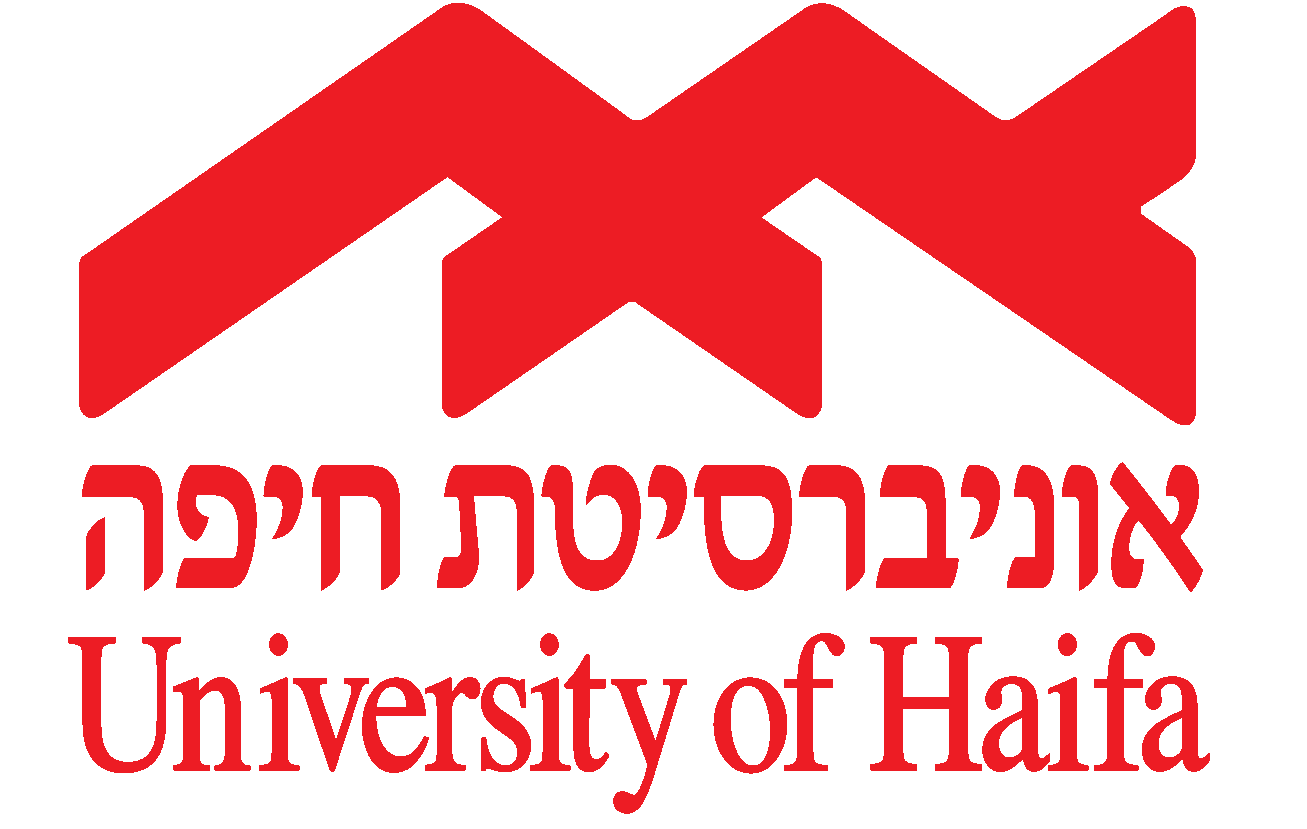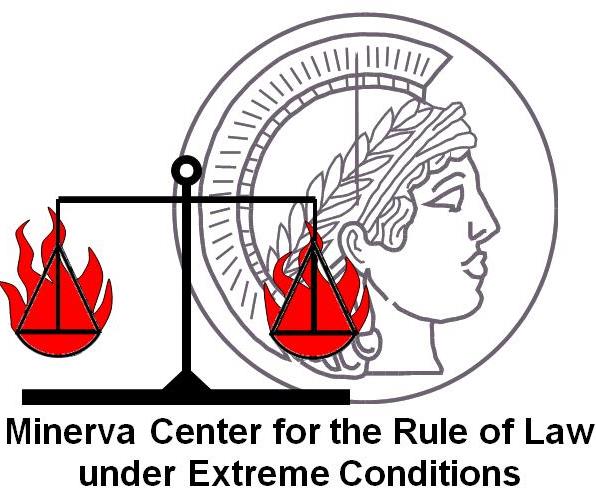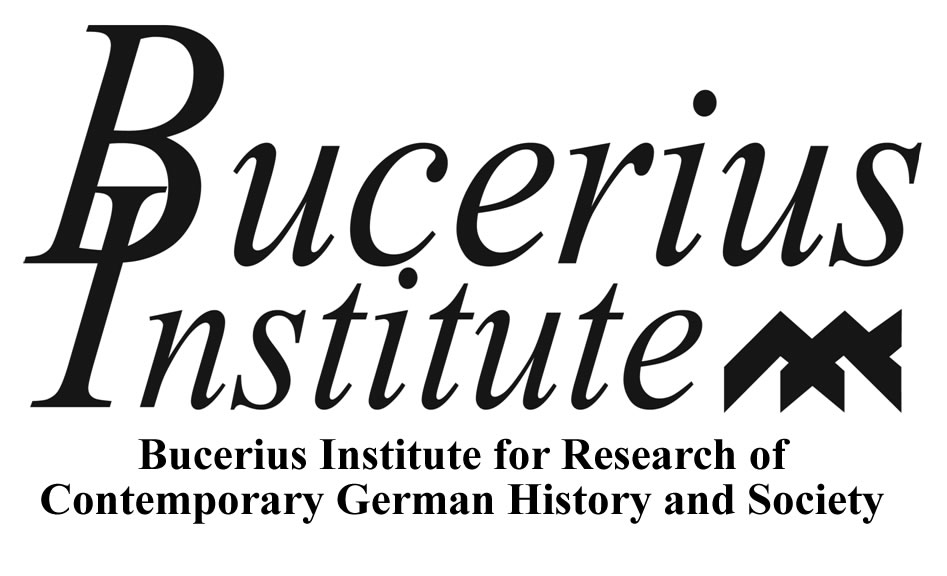  |
|
|
Perspectives on Terrorism and Migration in Germany, Europe and Israel: From Discourse to Policy
Haifa and Jerusalem, 24-26 March 2019
The conference launches a cross-cultural discussion on the constructions of securitised collective identities through the intersection of terrorism and migration in public discourse. The discussions examine the political discourse, media discourse and the cultural discourse of Germany, different EU-countries and Israel, in order to expand on current discourses of “othering” and the process of identity formation. Themes for panel discussions include the securitization of national identity within the context of migration and terrorism; The Impact of memory frames on migration and security discourses; Case Studies and Comparison: the media discourses in EU-countries and Israel; re-contextualization and cross-pollination of migration and terror discourses in other securitized civilian realms. The discussion aims to bring together theoretical with practical use of the concepts of terrorism and migration within national security policies, with references to past events that transform these topics into memory frames. We are interested in visual and lingual data from print and digital media, including social media, that embrace motifs which are inherent to the national identity.
Sunday, March 24, 2019
University of Haifa, Ofer Observatory, Floor 30, Eshkol Tower
| 13:30-13:45 |
|
|||
| 13:45-15:15 |
|
|||
| 15:15-15:45 | Coffee Break | |||
| 15:45-17:15 |
|
|||
| 17:15-17:30 | Coffee Break | |||
| 17:30-18:30 |
|
|||
| 18:30 | Reception |
Monday, March 25, 2019
The Hebrew University of Jerusalem, Maiersdorf Faculty Club, Room 503
|
9:30-9:45 |
Opening Remarks |
|
Prof. Gili S. Drori, Director, The European Forum & DAAD Center for German Studies, The Hebrew University of Jerusalem |
|
|
Dr. Tobias Ebbrecht-Hartmann, DAAD Center for German Studies & Department of Communication & Journalism, The Hebrew University of Jerusalem |
|
|
9:45-11:15 |
The Securitization of Collective Identity within the Context of Conflict and Terrorism |
|
Chair: Dr. Yael Ben-Moshe, Bucerius Institute for Research of German History and Society & Haifa Center for German and European Studies, University of Haifa |
|
|
Media, Freedom and Democracy: Fundamental Aspects Retold Terrorism Crisis Communication in Europe and Israel "Do You Condemn?" Negotiating Power Relations in Ethno-Political Interviews |
|
|
11:15-11:45 |
Coffee Break |
|
11:45-13:15 |
The Impact of Memory Frames on Migration and Security Discourses |
|
Chair: Dr. Adi Hercowitz-Amir, Haifa Center for German and European Studies, University of Haifa |
|
|
Historical Frames and Resonating Images in European Public Perception of New Terrorism and Forced Migration The Memory, Media and Migration Nexus – The Case of African Asylum Seekers in Israel From Collective Memory to Collective Vision: The Mediatization of the Future of Conflicts |
|
|
13:15-14:30 |
Lunch break |
|
14:30-16:00 |
Collective Identity Discourse and the Challenges of Migration |
|
Chair: Dr. Elie Friedman, School of Communication, Bar-Ilan University & The Harry S. Truman Research Institute for the Advancement of Peace, The Hebrew University of Jerusalem |
|
|
Socio-Psychological Reactions in the EU to Immigration: From Regaining Ontological Security to Desecuritization Linking Migration and Terrorism: Populist Discourses on Limiting Human Rights Collective Identity, Social Media and the Threat of Migration: A Media Proximization Approach |
|
|
16:00-16:30 |
Coffee break |
|
16:30-17:30 |
The Legacy of Conflict – The Case of the Balkans |
|
Chair: Prof. Ireneusz Pawel Karolewski, Willy Brandt Center for German and European Studies, University of Wroclaw |
|
|
The Balkans: Fertile Ground for Political and Religious Radicals Challenges of Migration via the Western Balkan Route in the Context of the International Debate on Terrorism and Security |
Tuesday, March 26, 2019
The Hebrew University of Jerusalem, Maiersdorf Faculty Club, Room 503
|
9:30-11:15 |
Case Studies and Comparison: The Media Discourses in Israel, Austria, Poland, and Germany |
|
Chair: Dr. Tobias Ebbrecht-Hartmann, DAAD Center for German Studies & Department of Communication & Journalism, The Hebrew University of Jerusalem |
|
|
Framing Collective Identities through Terrorism and Migration Discourses: The German Case 2010, 2018 Framing Collective Identities through Terrorism and Migration Discourses: The Israeli Case 2011, 2018 The Caesarean Politics of Migration and Terrorism in Central and Eastern Europe |
|
|
11:15-11:30 |
Coffee break |
|
11:30-12:30 |
Closing Discussion: Future Directions of Collective Identity Formation within the Context of Migration and Terrorism |
|
12:30-13:30 |
Lunch |
Organization:
The Hebrew University of Jerusalem: Dr. Tobias Ebbrecht-Hartmann, Dr. Elie Friedman, Dr. Yael Ben-Moshe, Elisheva Moatti, Ateret Zer-Cavod
University of Haifa: Dr. Adi Hercowitz-Amir, Katharina Konarek, Danni Reches, Dr. Michal Ben-Gal,




